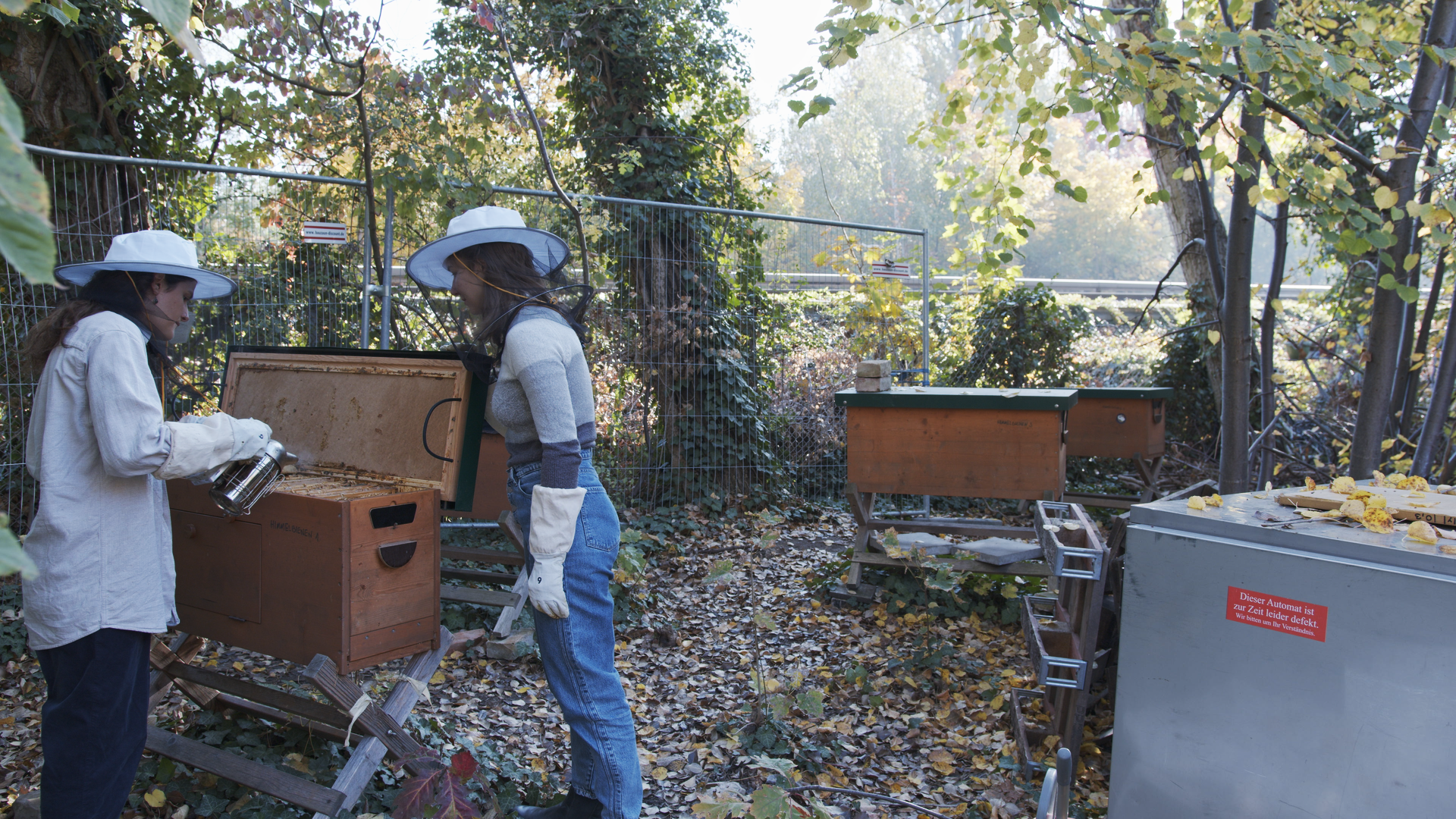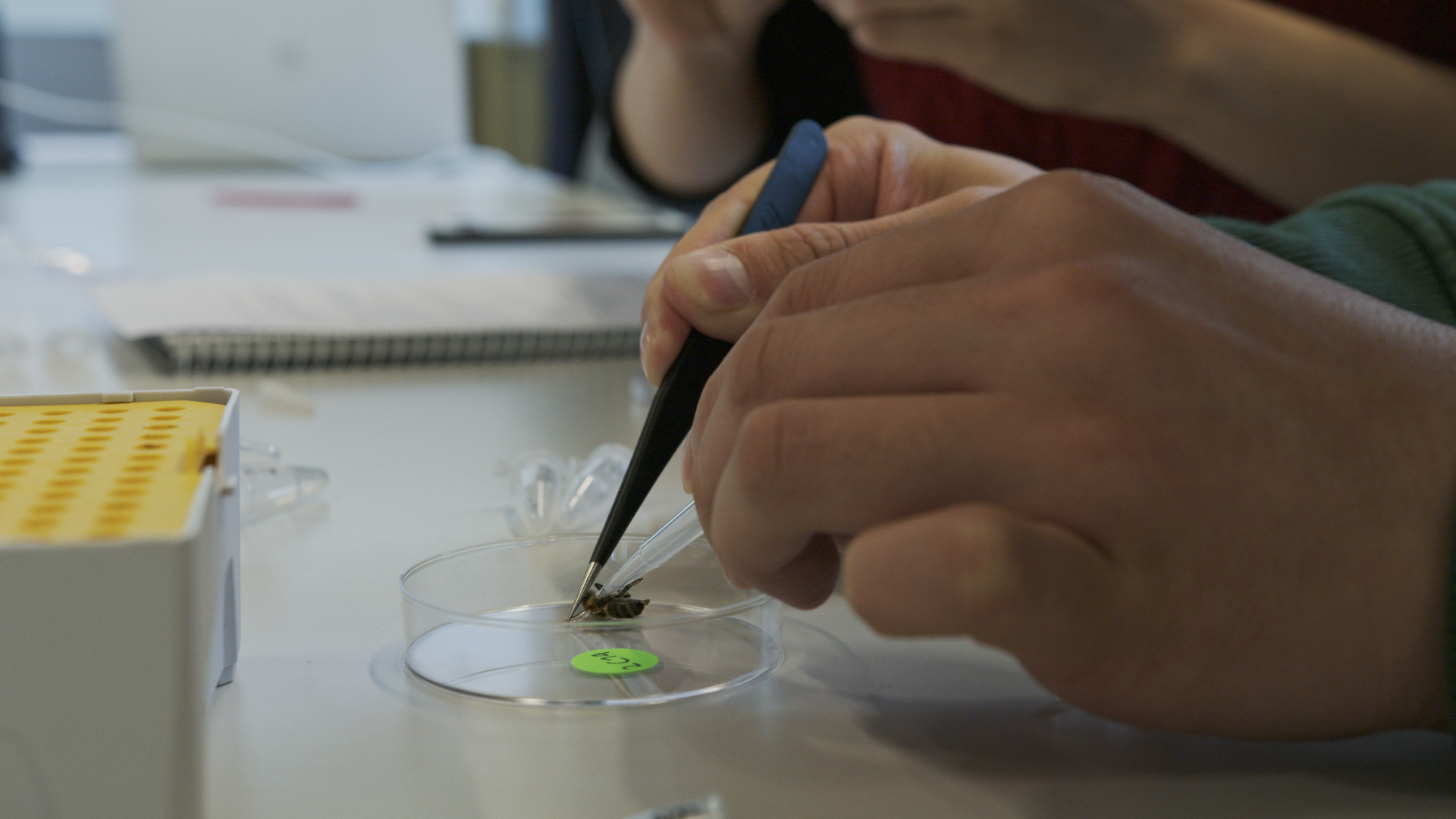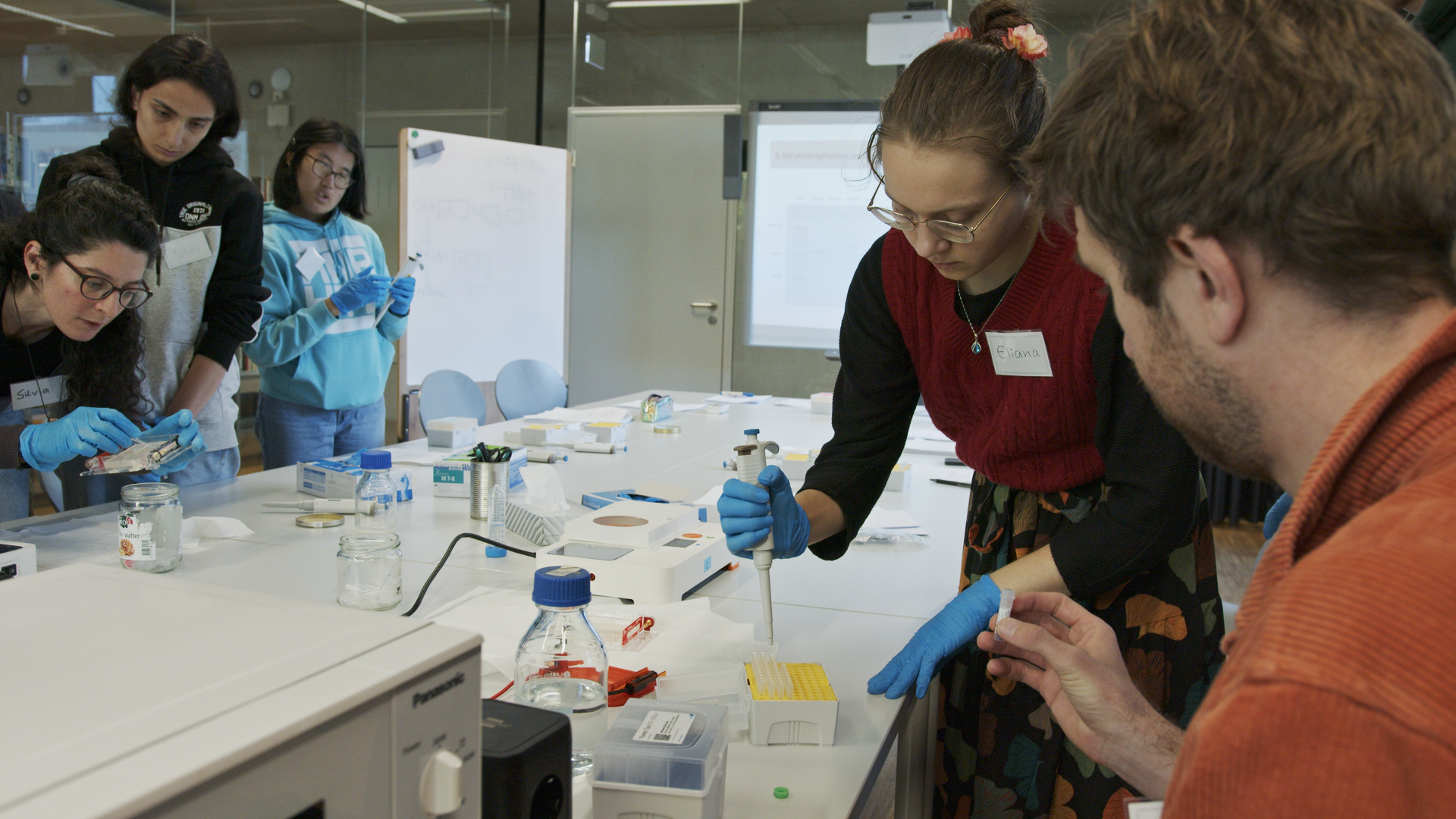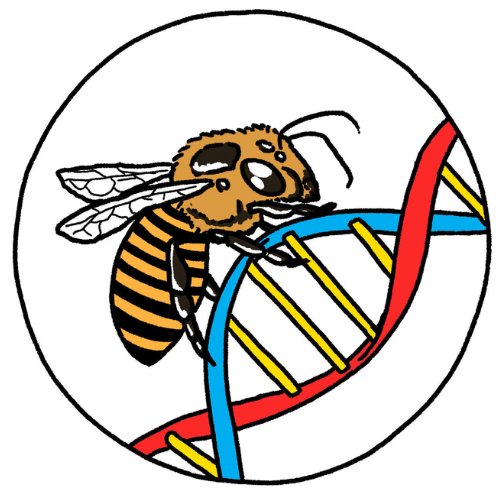Project Description:
BeeCode aims to explore the genetic diversity of bees in Berlin’s urban areas to promote biodiversity and sustainable beekeeping practices. We will strengthen community ties by engaging researchers with high school students, beekeepers, and urban gardeners, disseminating free hands-on scientific literacy and raising awareness of urban biodiversity.
Our mobile sequencing lab makes advanced technology accessible to all, prioritising students from disadvantaged backgrounds. Citizen scientists will collect bee samples and perform DNA sequencing analyses to identify bee sub-species. Our data will be openly available, fostering public discussions and informing policies on conserving local bee species, addressing critical challenges in biodiversity, and promoting sustainable practices for climate change adaptation.
Project Type: Kick Starting Grant
Theme: Justice and Equity, Climate
Mentor:Sasha Woods
BeeCode Berlin Project: Enhancing Awareness of Genetic Diversity
Our mission is to raise awareness about genetic diversity’s crucial role in sustaining life. The BeeCode Berlin project focuses on studying the genetic diversity of honeybee subspecies in the city.
Pollination is essential for wild flora, food systems, and combating climate change. The western honeybee (Apis mellifera) is one of Europe’s primary pollinators, and Berlin provides an ideal setting for research due to its numerous urban gardens and active beekeeping community. However, modern practices such as selective queen breeding and the global transport of bee stocks mean that Berlin may harbour a wide variety of honeybee subspecies. These practices risk outbreeding native subspecies, which are often better adapted to local conditions. Since subspecies are difficult to distinguish by appearance alone, we use advanced DNA sequencing techniques in partnership with citizens to identify and study Berlin’s honeybees.

Led by the EcoCode DNA team—comprising scientists, educators, teachers, videographers, bee experts, and community leaders—BeeCode Berlin emphasizes citizen participation, particularly involving beekeepers and students. Throughout the summer and fall of 2024, beekeepers collected bee samples and provided detailed data on their hives. We developed a mobile genetic laboratory with non-hazardous protocols, enabling DNA experiments to be conducted in community spaces and directly engaging the public.

In October 2024, we hosted DNA barcoding workshops at the Schiller-Bibliothek community library, where high school students received hands-on training in laboratory and computational techniques to identify honeybee subspecies. Together with the students, we presented our research findings at a public forum. A core goal of the BeeCode project is to inform the public and stakeholders about the genetic diversity of local honeybees, fostering discussions on sustainable beekeeping practices and highlighting the importance of modern DNA sequencing for ecosystem monitoring.
Thanks to IMPETUS funding, we removed financial barriers for participants, covering all costs related to DNA experiments. Additionally, IMPETUS mentorship refined our approach to citizen science and stakeholder collaboration.
Through DNA sequencing of approximately 100 honeybee samples, we identified several unexpected subspecies in Berlin—discoveries that would not have been possible without this technology. Most of the identified honeybees belong to the Carnica subspecies, native to the Balkans. Our long-term goal is to build a comprehensive genetic map of pollinators and other ecosystems in the city.

Committed to open science, we will share all data and findings with the scientific community and the public. Our data-driven approach aims to guide policy decisions to protect the genetic diversity of local ecosystems. By fostering collaborations with schools and scientific institutions, we strive to develop more community-driven projects that connect citizens with science and promote the protection of our vital ecosystems.



